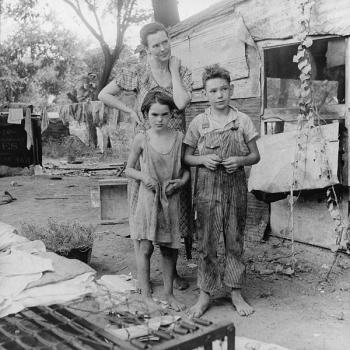The age distribution of the populaton of the United States is consistently growing older. Birth rates are historically low and life expectancy is rising. The portion of Americans who are 65 or older was 8% in 1950, was 12% in 2010 and is projected to be 22% by 2050.(!) This demographic shift is happening during a period of major economic and social changes, which have important implications for the growing elderly population.
With people living longer and healthy lives, ‘retirement’ has become a time when people may still have the health and resources to live life in new, rewarding ways. The 3 principal phases of the life-cycle that have traditionally described an individual’s life course (education, work, retirement) are becoming more and more unclear.(1)
The time in each phase is more variable than ever before as more people learn new skills as adults. Their work years cannot be characterized as a straightforward upward movement through the ranks in a single profession or even a single company.(1) Marriage and first birth has been delayed, and the length of time children remain in the education phase or in pre-work phase has been growing longer. This has important financial implications for retirement planning.(1)
More and more women and men are heading into retirement alone every year. The age of retirement has fallen over last 20 years but the traditional pattern of working full-time until retirement age and then retiring to a life of full-time leisure is being replaced with a range of other trajectories. These include transitioning to intermittent or part-time work.(1)
There is great value in applying the tools of sociological research to the study of aging. There is an emergence of new and innovative data that are enabling researchers to better understand how genes and social environments work in concert to vary the course of aging.
Three popular theories are:
- Disengagement theory views aging as encompassing an inevitable process of withdrawing or disengaging from various social roles, activities and relationships.
- Social exchange theory seeks to explain human interactions and relationships in terms of a cost-benefit analyses in which individuals decide which social actions to take.
- Life-course approach is used to study how early life events and cumulitive processes of disadvantage help shape later outcomes.
(1) http://www.nap.edu/openbook.php?record_id=13473&page=1




